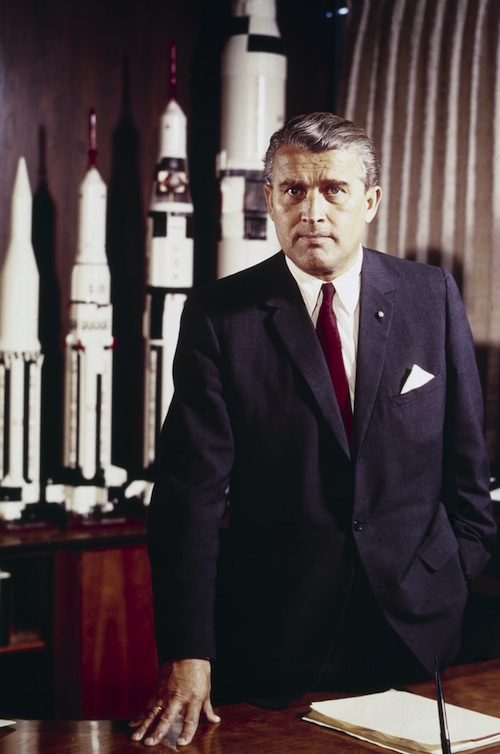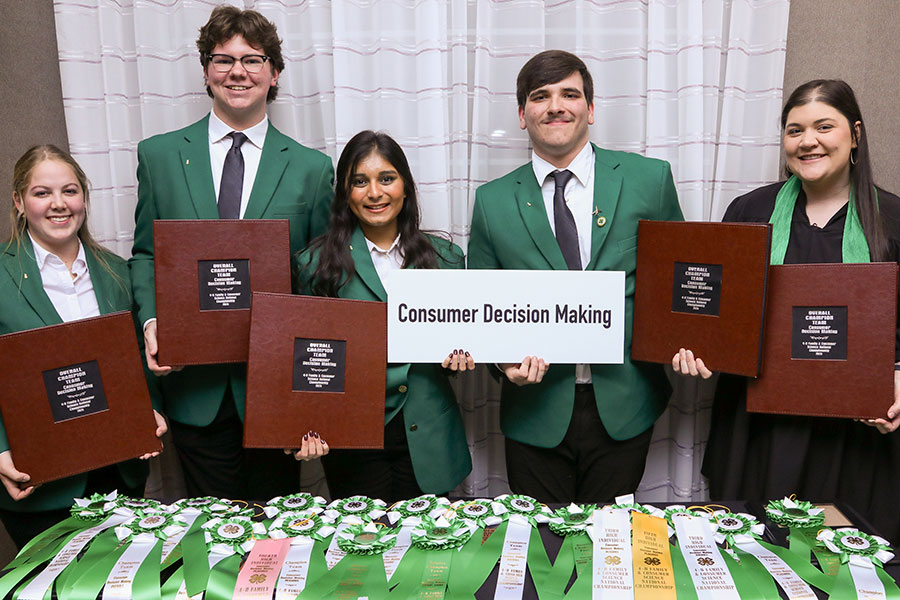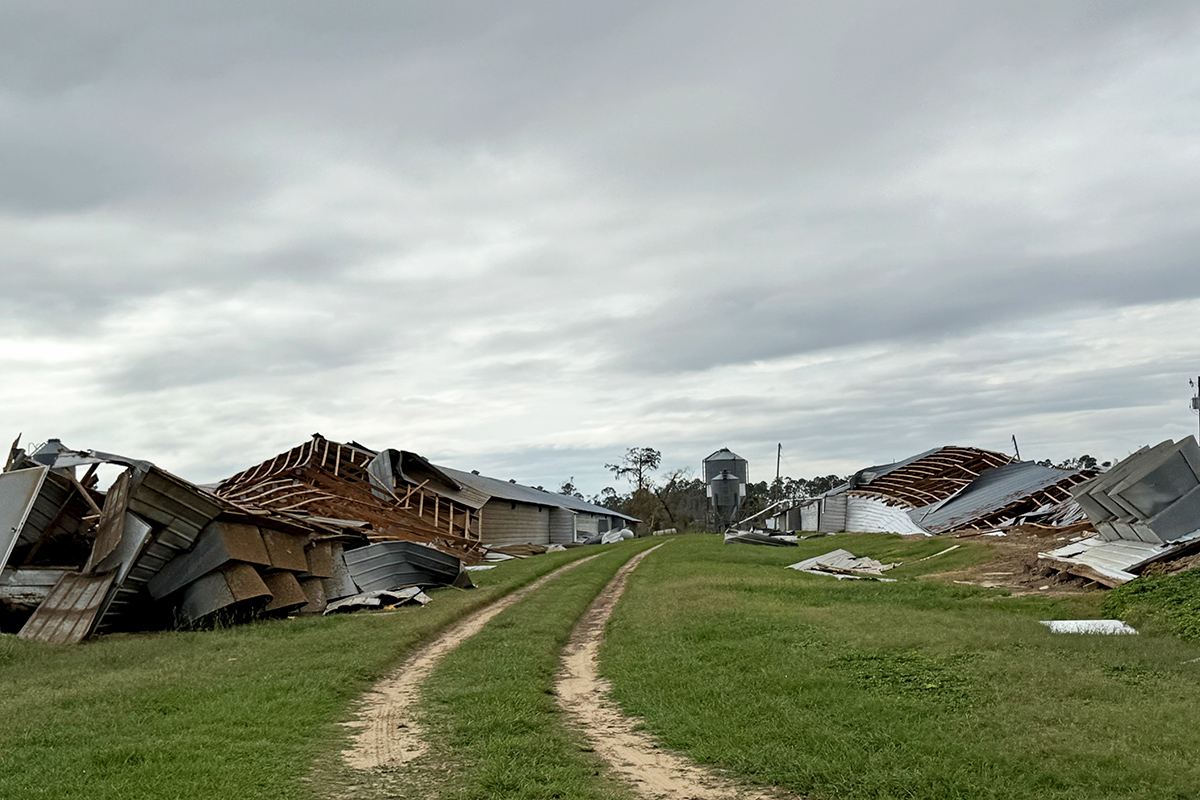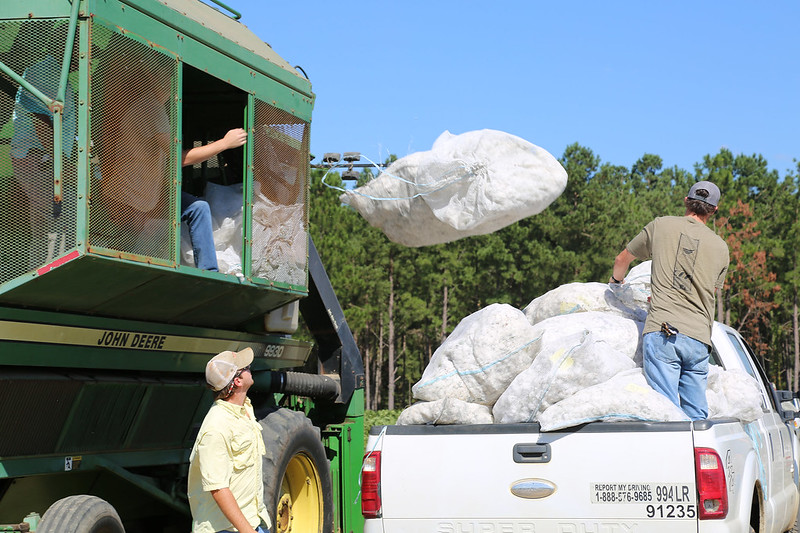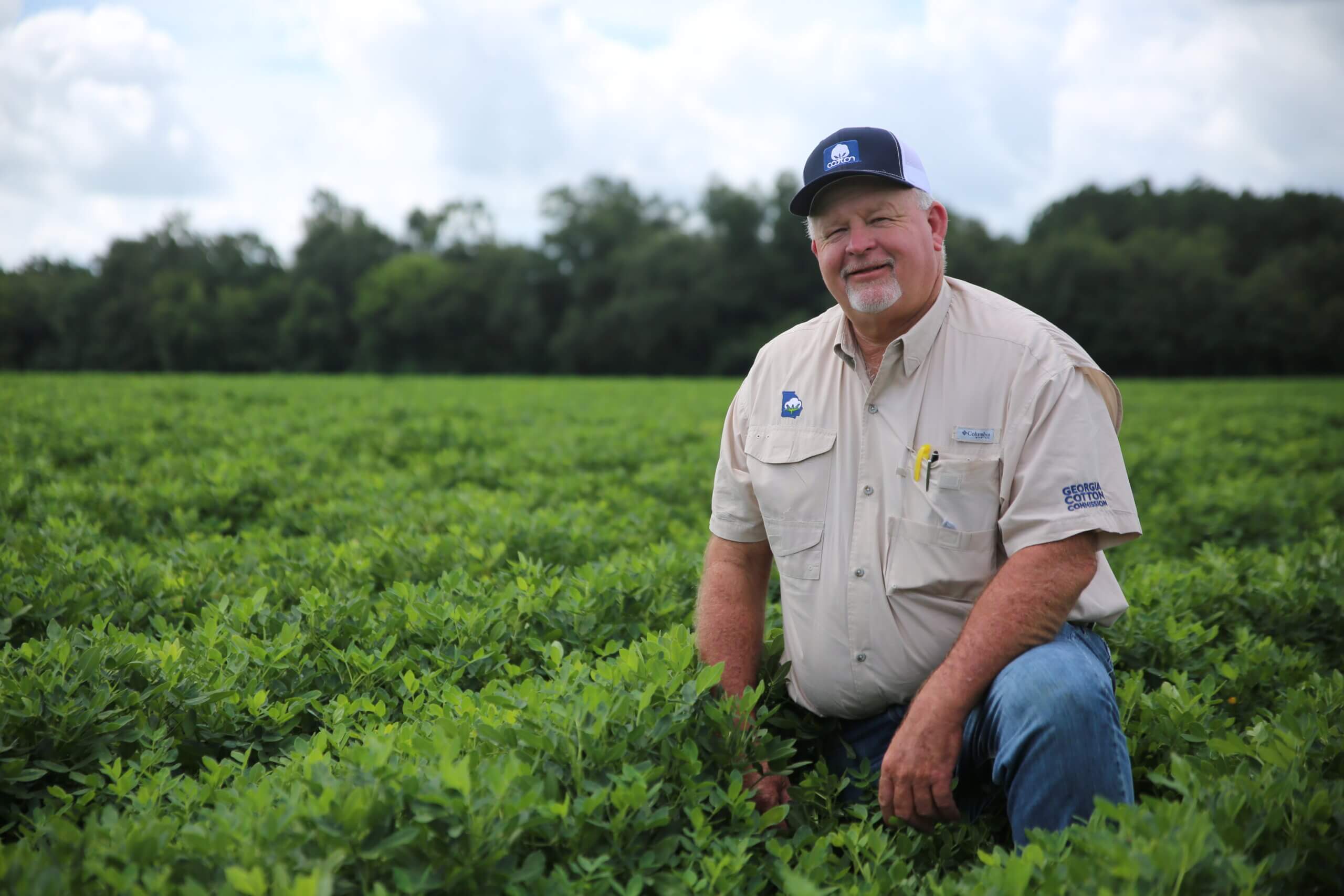I admit it. I grew up as a science nerd. My hometown was a big contradiction – a once sleepy Alabama town that suddenly found itself home to a major NASA installation. My hometown built the rocket that went to the moon.
That’s why the recent passing of Neil Armstrong, the first human being to set foot on any celestial body other than mother Earth, was especially significant to me. When President Kennedy pledged to put a man on the moon before the end of the decade of the 1960s, Huntsville, Alabama, was transformed and I lived that transformation.
A hometown connection
I saw the influx of scientists and engineers from all over the world. I felt the ground shake under my feet when the massive Saturn V rocket engines were test fired. Wernher von Braun, the German rocket scientist that directed the program, once dropped candy in my trick-or-treat bag. I graduated from a high school that was named for Virgil I. Grissom, one of the three Apollo astronauts killed in a fire during a training exercise.
I didn’t understand the science that was being put to work just miles from my home, but I directly benefitted from the better roads and schools that came my way because it was there. Still just a teenager, I felt a huge sense of pride on that warm July night in 1969 when I looked up at the moon on which Neil Armstrong stood and looked back at Earth.
Before cell phones and the Internet
Today, it is hard for me to understand why that event ranks so low in the public perception of significant historic events. Before desktop computers, cell phones, the Internet – before GPS, Google and Twitter- using less computing power than most of us now have in our personal automobiles – man found a way to put two human beings on the surface of the moon and bring them home again.
Scientific achievements continue to dazzle and then pale in comparison to subsequent ones. Scientific achievements are necessary to fuel progress, but it’s what we do with those scientific achievements that really matters.
I didn’t know it at the time, but my future was in the field of agricultural science. To me, the scientific achievements of modern agriculture rank right up there with putting a man on the moon. But scientific breakthroughs alone don’t make life on this planet better. Someone has to find a way to apply that breakthrough, put it to work, adapt it, modify it and explain it to others until progress becomes a reality.
Applying science to our daily lives
Nobody combines scientific breakthroughs and scientific application any better than land grant universities like the University of Georgia. We do the basic research, we make scientific breakthroughs, we make it work in the real world and we show people how to use the resulting technology for the betterment of mankind.
To the untrained eye, the cotton that still grows around my hometown may seem unchanged from the 1960s. The fact is, that cotton and the technology that is used to grow it is a success story that rivals the success story that happened there in the 1960s.
Thank you, Neil Armstrong for what you did for the human race. Your humble ways certainly didn’t draw the public’s attention. Thank you too, agricultural scientists and those that put that science to work. Your accomplishments have benefitted man even more than that first trip to the moon, yet you share a place in the shadows with heroes like Neil Armstrong.

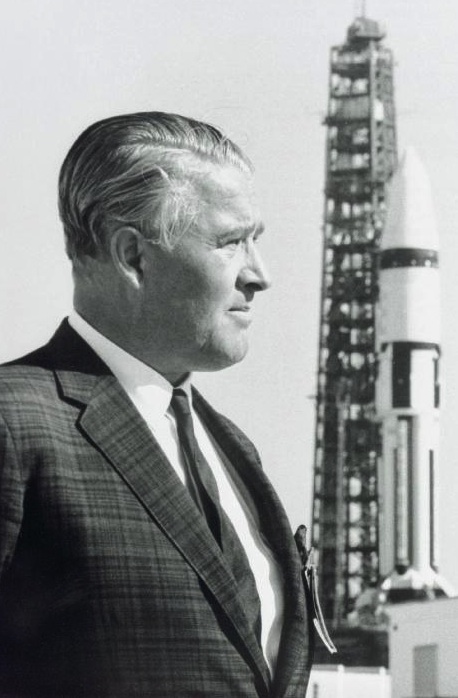
1.jpg)
